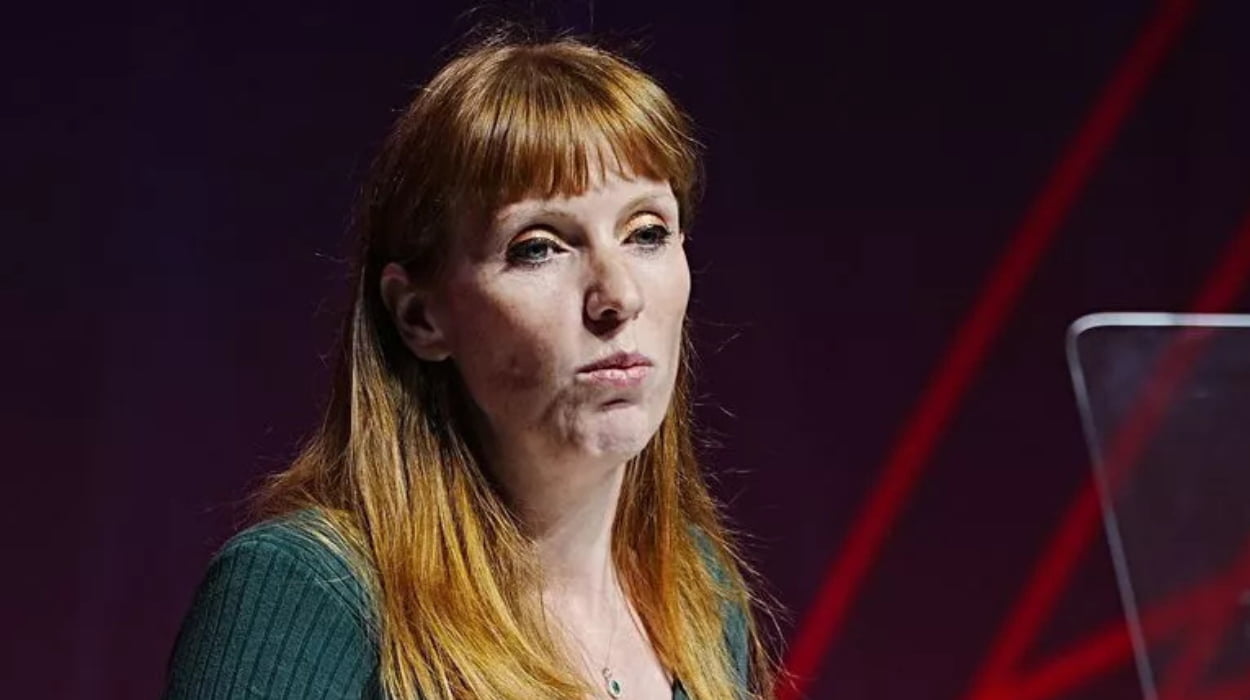UK (Parliament Politics Magazine) – Deputy PM Angela Rayner delivers on Labour pledge with voting age cut to 16, plus new rules to boost participation and scrap foreign election funds.
As reported by the Guardian, the British government proposed plans to change the voting age to 16 before the next election.
Ofifcials argue the change is fair because many 16- and 17-year-olds work or serve in the army. It also matches the rules in Scotland and Wales.
Angela Rayner’s views on restoring trust in democracy
Angela Rayner said,
“For too long, public trust in our democracy has been damaged and faith in our institutions has been allowed to decline.”
She stated,
“We are taking action to break down barriers to participation that will ensure more people have the opportunity to engage in UK democracy, supporting our plan for change, and delivering on our manifesto commitment to give 16-year-olds the right to vote.”
Ms Rayner added,
“We cannot take our democracy for granted, and by protecting our elections from abuse and boosting participation, we will strengthen the foundations of our society for the future.”
Keir Starmer’s views on votes for 16-year-olds
Sir Keir Starmer argued that since 16- and 17-year-olds contribute to taxes, they should be allowed to vote.
He said,
“I think it’s really important that 16 and 17-year-olds have the vote, because they are old enough to go out to work, they are old enough to pay taxes, so pay in.”
Mr Starmer added,
“And I think if you pay in, you should have the opportunity to say what you want your money spent on, which way the Government should go.”
What changes are coming to voter ID and donations in the UK?
The government plans to expand accepted voter ID options to include bank and veterans’ cards, aiming to make it easier for more citizens to cast their vote.
The proposed reforms signal a move toward boosting voter enrollment through automation. While full automatic registration isn’t being implemented yet, the government aims to ease the process by cutting down on repetitive form-filling.
Ministers will tighten rules to prevent foreign interference in upcoming UK elections.
Those who breach the rules could face fines of up to £500,000. Any false or misleading statement will be treated as a criminal offence.
New rules will require political parties to verify the legitimacy of donor companies through strict eligibility tests. Only businesses earning income in the UK or Ireland will be permitted to contribute.
At present, UK firms can donate to political parties without checks on their funding or ownership.
Campaigners called for stricter reforms after Elon Musk hinted last December at giving £100m to Reform UK, a plan later scrapped following a dispute with Nigel Farage.
Political parties will now be required to carry out strict “know your donor” checks to verify the legitimacy of funds and prevent donations from suspicious sources.
The Electoral Commission and standards watchdog have pushed for tighter rules and greater scrutiny over party funding.
To curb abuse during elections, candidates will no longer be required to publish their home addresses. New legal rules will also treat harassment of candidates or staff as a serious offence.
Ministers aim to enforce a ban on individuals convicted of intimidating election candidates, preventing them from standing for public office.
Paul Holmes’s views on the government’s stance on age limits
Paul Holmes, a shadow local government minister, stated,
“Why does this Government think a 16-year-old can vote but not be allowed to buy a lottery ticket, an alcoholic drink, marry or go to war or even stand in the elections they’re voting in?
He asked,
“Isn’t the Government’s position on the age of majority just hopelessly confused?”
What did Pete Wishart say about lowering the UK voting age to 16?
Pete Wishart, the SNP’s deputy leader in Westminster, said,
“We welcome this long-overdue change to the UK voting age, which comes more than a decade after the SNP lowered the voting age to 16 in Scotland – and follows years of campaigning by SNP MPs, activists and younger people.”
He stated,
“Thousands of 16 and 17-year-olds have voted in Scottish elections since the SNP changed the law in 2015. It is good to see the UK government finally following the SNP government’s lead, so that younger people can have their say at the next UK election.”
Mr Wishart added,
“Polling shows younger people agree with many of the SNP’s key policies – including securing real change with Scottish independence, rejoining the EU, eradicating poverty, tackling the climate crisis, opposing Westminster austerity cuts, and helping young people with free tuition and bus travel. Regardless of how 16 and 17-year-olds vote at the next UK election, it can only be a good thing that they will finally have their voice heard.”
Sir James Cleverly’s stance on Labour’s plan to give 16-year-olds the vote
Sir James Cleverly from the Tories said,
“The cynicism is breathtaking. Labour dropped it from the King’s speech after getting a big majority without it. Now they’re tanking in the polls, they announce it again.”
He added,
“Are Labour saying: Children should have the right to vote. Or: 16-year-olds are no longer children. Either answer opens a can of worms with regards to other rights and responsibilities for 16 and 17 year olds.”


